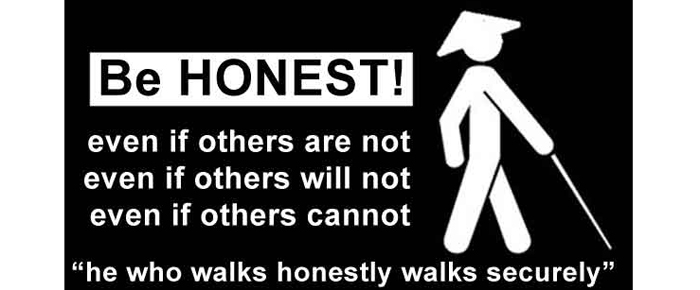
by Sunny Simon
The other day my seven-year old niece Aisalynn was getting ready for bed. She finished her bath when her father inquired if she washed behind her ears. She mumbled an affirmative, perhaps not convincingly, so her father posed the question a second time. Aisalynn then distinctively answered yes in a strong assertive voice and inquired why her father repeated the same question twice. Her dad gave a knowing smile and cautioned that if she neglected washing potatoes would grow behind her ears. Baffled by the statement my niece challenged her father querying him on who told him about this mysterious spud garden. Upon learning this information was gleaned from his grandfather Aisalynn countered, “And did your grandfather also play football without a helmet?”
Apparently grandpa’s garden theory held no credibility to a wise child of seven. She not only registered disbelief, but thought perhaps the man was guilty of not taking proper care of his cranium.
This amusing incident illustrates the importance of credibility. WikipediA reports credibility is composed of two key components – trustworthiness and expertise. Webster says it’s the “quality or power of inspiring belief.” My simplistic version is this – know what you’re talking about and stay true to your word.
Establishing credibility in our business transactions, the promises we make to others, and the message we send to the world equates to being honorable and trustworthy.
Building credibility is important, but maintaining credibility is vital. You can develop credibility by committing to total honesty. Sounds easy enough, but at times can be a daunting task. For example, say you make a poor decision at work that affects business. Your credibility will never be established if you don’t own up to it. Swallow your pride; admit the error and work to find a solution.
The next rule in establishing credibility is, no guessing. Trying to sound like an authority when you are not is deceptive and sends misinformation out into the world.
Keep your word. Never agree to a project, offer to help a friend or schedule an important appointment unless you fully intend to honor your commitment. Conversely, going back on your word is the fastest way to destroy the credibility. One misstep in the follow through department causes customer losses, damaged relationships and severe disappointment to those who counted on you.
Stay true to your word and check your facts before disseminating information. Protect your reputation and you’ll never run the risk of being called out by a seven year old. Sunny Simon is the owner of Raise the Bar High Life and Career Coaching. More about Sunny at www.raisethebarhigh.com









































